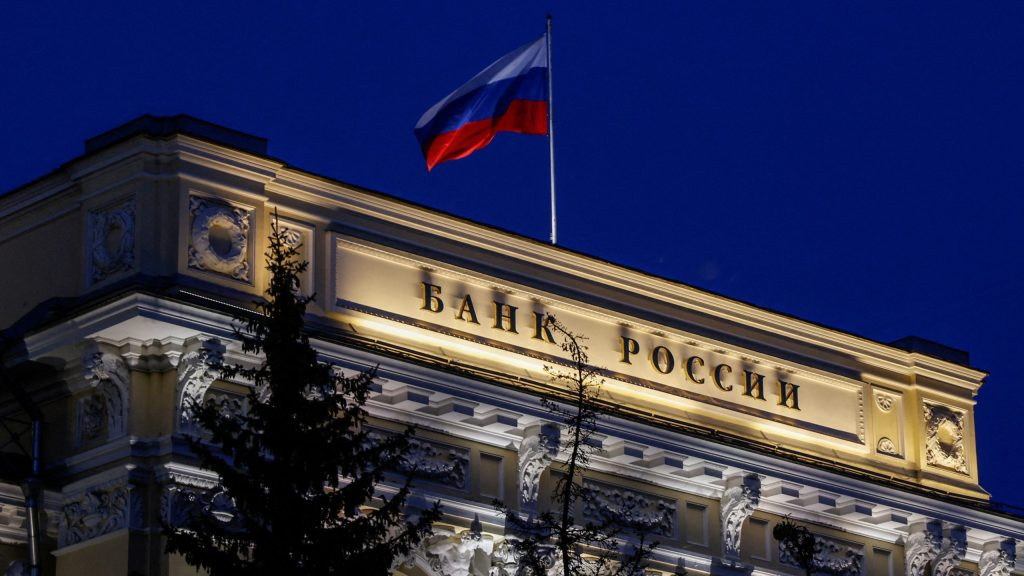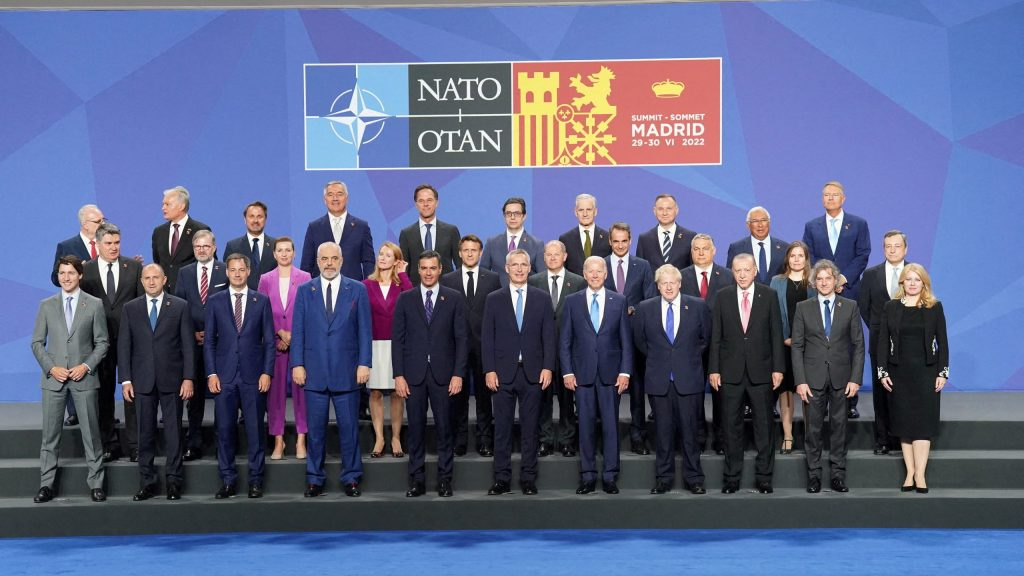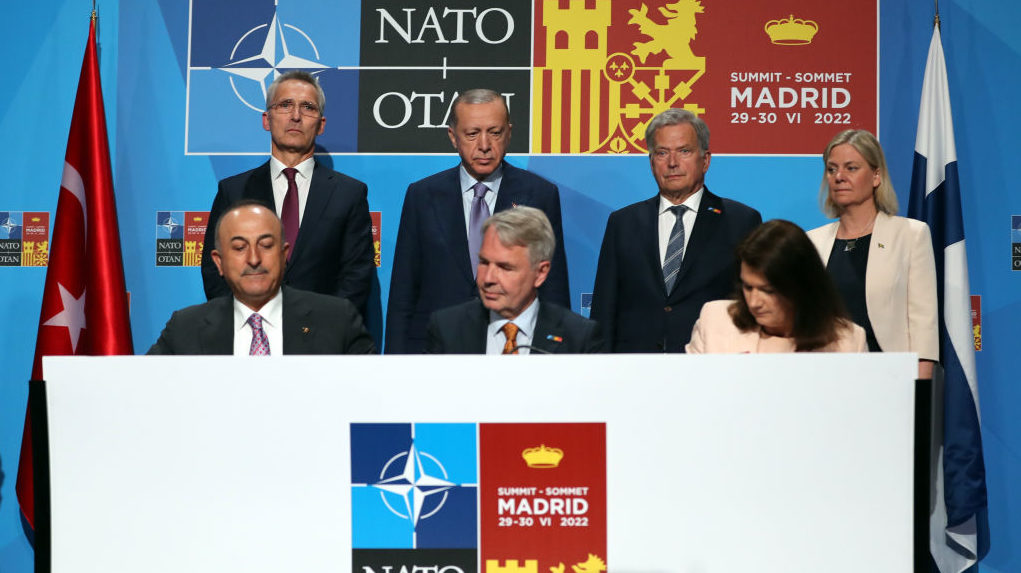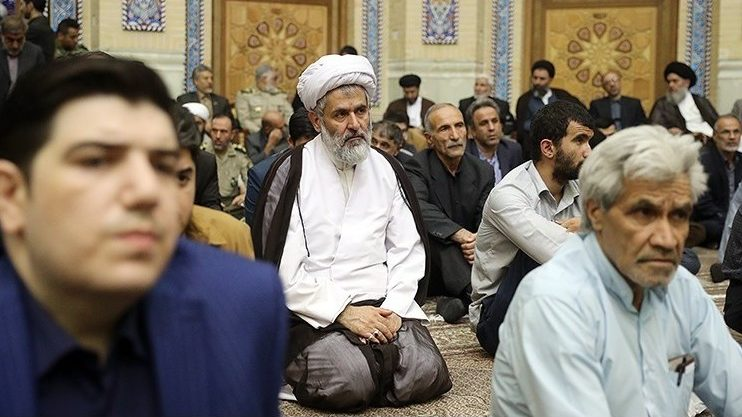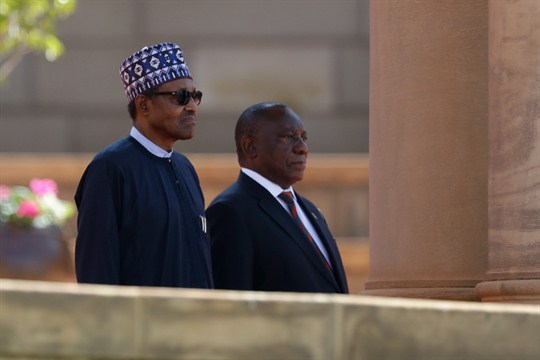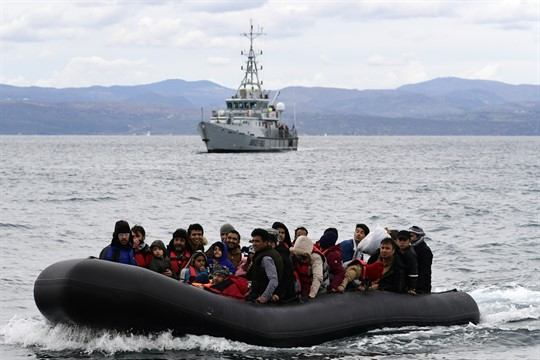Turkey retracts veto on Sweden, Finland joining NATO amid war summit in Madrid
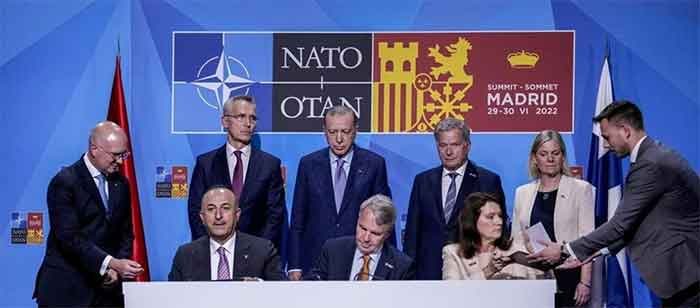
On the eve of the NATO summit focusing on war against Russia in Ukraine as well as confronting China, top officials from Turkey, Sweden and Finland agreed on Tuesday in Madrid to a trilateral memorandum of understanding allowing Stockholm’s and Helsinki’s entry into the military alliance.

